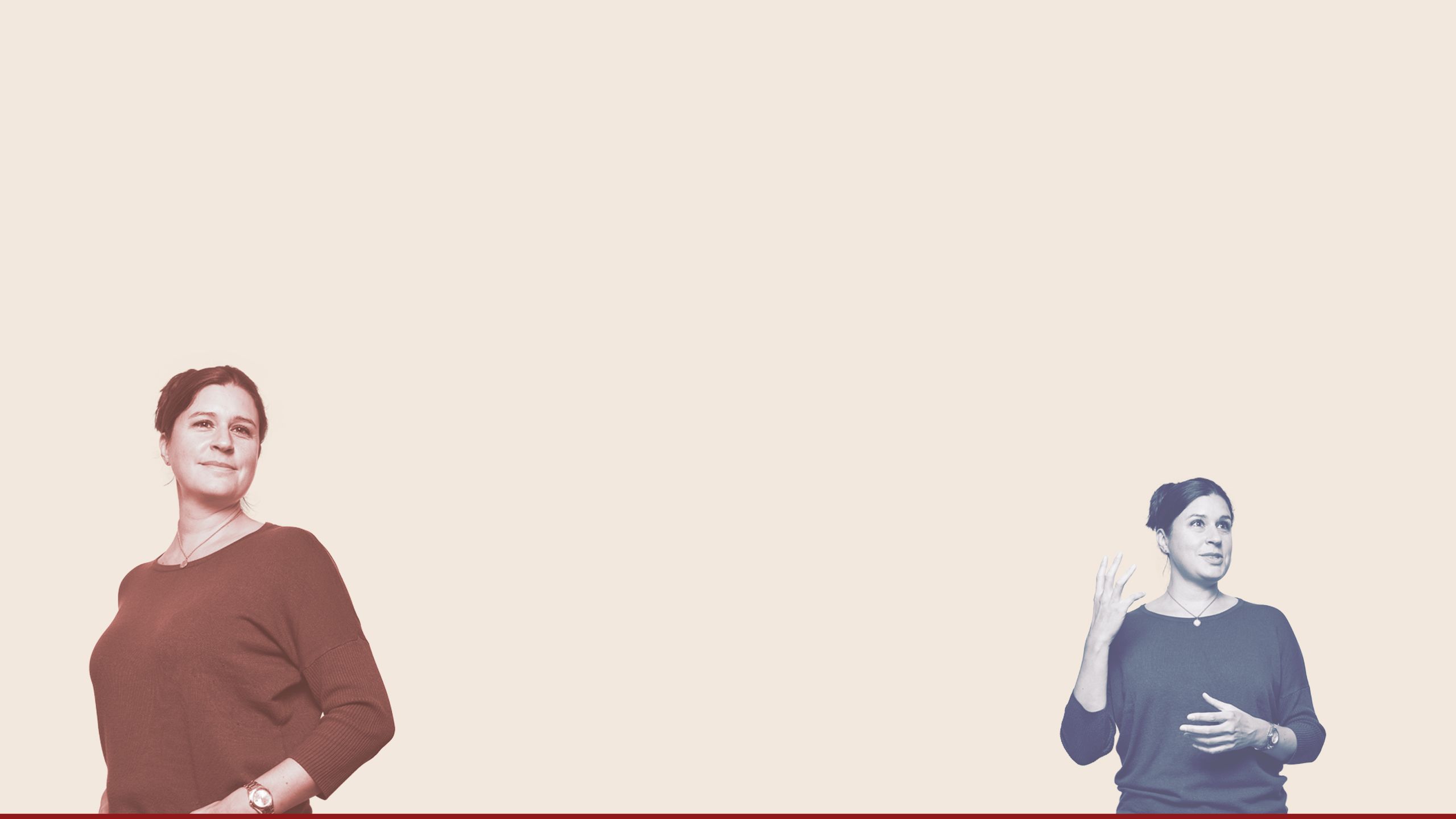Music to our ears

Hearing aid users can often miss out on the joy of a favourite song or live performance because the technology does not cope well with the range and frequencies of music.
“I was at the ‘Music Mind Machine’ conference in Sheffield, where Dr Robert Fulford (then at the Royal Northern College of Music) was giving a presentation on deaf musicians and performance,” says project lead Professor Alinka Greasley (Music). “One of the key things he found was that hearing aid technology seemed to be causing the musicians difficulties.”
“Harriet Cook, an audiologist at Sheffield Teaching Hospital NHS Foundation Trust, was also there presenting on how music was a neglected topic within hearing services, and how hearing aid users were experiencing feedback and distortion when listening to music. We said – why don’t we get together and do something about this?”
The first large-scale investigation of its kind

Professor Greasley, along with co-PI Harriet Cook, and postdoctoral researchers Dr Robert Fulford (Music), Dr Amy Beeston (Music) and Dr Jackie Salter (School of Education), went on to carry out a systematic investigation of how music listening is affected by the use of hearing aids – the first large scale exploration of its kind.
The project team reached out to around 1,500 hearing aid users and 100 clinicians to find out more about music listening behaviour among hearing aid users.
A lot of people who are profoundly deaf get pleasure out of music. They just access it in different ways.
For post-doctoral researcher Dr Jackie Salter, who has an extensive background in deaf education and is the parent of two deaf children, it was important that this outreach included the full spectrum of those with hearing loss.
“Jackie suggested to us that we might want to translate our research materials into British Sign Language (BSL),” Alinka explains, “and we had sign videos made for our survey as well. It turned out 7% of the sample used those sign videos. It meant we were able to access people with profound loss in a way that we wouldn't have done before.”
“There’s a lot of work done in this area that doesn’t enable that particular cohort to contribute,” says Jackie. “They’re a small number, but their perspective is really, really important. You might think that if somebody is so profoundly deaf that they need to use BSL, they wouldn’t be listening to music. But in fact a lot of people who are profoundly deaf get a lot of pleasure out of music. They just access it in different ways.”
Overcoming the technological obstacles

The study’s findings confirmed that some hearing aid users were struggling to get a good music listening experience from their hearing aids. Because the technology is designed primarily for speech, it struggles with the dynamic range and frequencies of music, often making for a patchy listening experience.
Through talking to practitioners and hearing aid users over the course of the study, the team gathered useful information about how audiologists and hearing aid users can mitigate some of these issues – for example by turning off the adaptive functions for speech or changing compression settings on hearing aids, or by using assistive listening devices.
The team published these findings into several useful guides to help other users and practitioners get better results from their hearing aids. These are now being widely used in clinics and are also available online.
“This is a really good example of an interdisciplinary project where the diversity of insights made it work,” says Alinka. “We had contributions from Music Psychology, Clinical Audiology and Deaf Education, and an advisory board made up of further disciplines. I think that and the partnerships with clinics have enabled us to reach so many people.”
Professor Greasley is now working on Cadenza, a 4.5 year project using AI to investigate signal processing strategies for people with hearing loss.
About Alinka
Alinka Greasley is Professor of Music Psychology in the School of Music where she teaches music psychology at all levels and is Director of Research and Innovation.
Alinka’s research interests centre on music appreciation and listening behaviour, as well as the impact of hearing loss and hearing aids on musical experience.
She leads the Hearing Aids for Music project and her current work – developing innovative technologies to improve music perception for people with hearing loss – is funded by the AHRC, EPSRC and MRC.
Alinka is also a violinist and DJ.